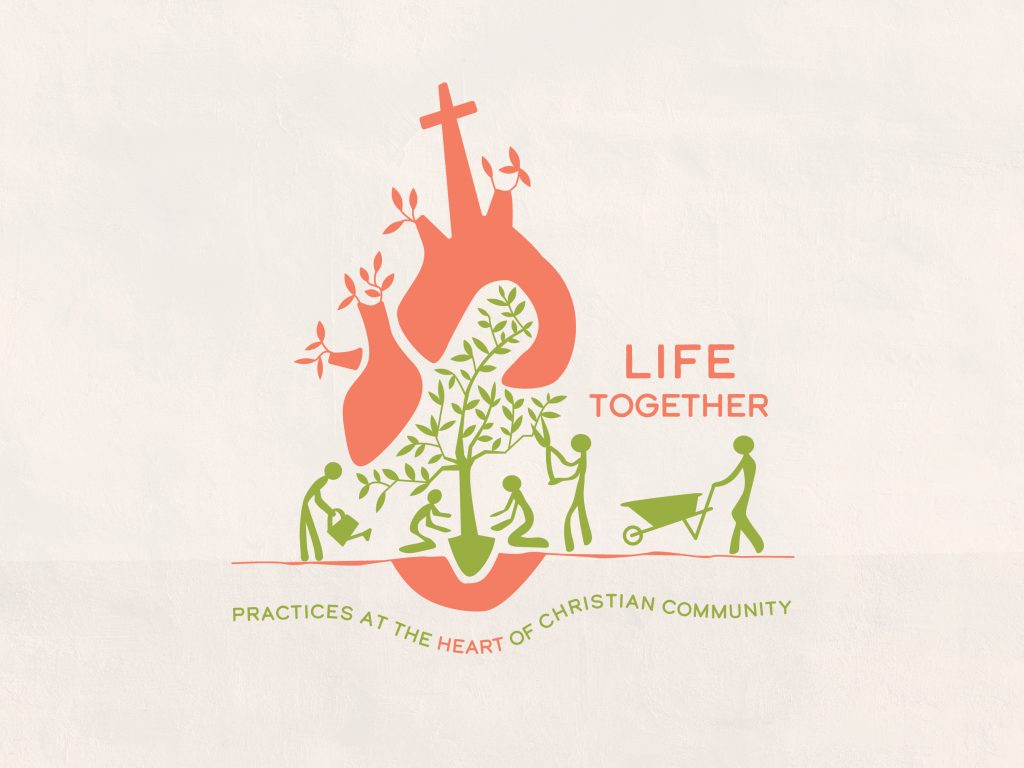Passage: Mark 6:30-44
Guide for Group Discussion or Personal Reflection
Sermon Summary
Statistics show that people feel lonelier and more isolated than ever before. For a culture facing such a “loneliness epidemic,” the gospel comes as good news. It is a message of hospitality for the stranger, and it has the power to create a hospitable community among those who believe it.
First, the gospel itself is a beautiful picture of hospitality. In the gospel, God moves towards us in compassion—even while we were still estranged from him because of our sin—and welcomes us into fellowship with him now, and a home in heaven with him forever. Jesus’ feeding of the 5,000 is a miniature picture of this gospel, as Jesus “had compassion” on the hungry crowd, “because they were like sheep without a shepherd” (6:34), refusing to turn them away, and instead working a miracle to provide them with an abundant feast.
This hospitality comes as a challenge for us as a community, however. Biblical hospitality, at its core, is “stranger love” (philoxenia)—a love that crosses boundaries to welcome in the “other” and the stranger, at cost to ourselves. Unlike King Herod’s feast, which featured an exclusive guest list, Jesus’ feast was open to all who were hungry. As a church today, we should consider what it looks like to extend the costly hospitality of Jesus to the “strangers” in our midst.
Finally, we should remember that hospitality is both given and received as we join Jesus on his mission. In the feeding of the 5,000, Jesus invited his disciples to play the role of hosts with him, as he challenged them: “You give them something to eat” (6:37). Jesus asked the disciples to bring only what they had, and they ended up enfolded in the blessing of that day—just as we will be when we join Jesus in extending the hospitality he longs to show the world through us.
Sermon Outline
- The Gospel is a Picture of Hospitality (6:30-44)
- Hospitality Challenges Our Community (cf. 6:21-29; Luke 14:12-14)
- Hospitality is Both Given & Received as We Join Jesus on Mission (6:35-36)
Group Discussion & Personal Reflection Guide
Re-read the passage (Mark 6:30-44)
The Gospel is a Picture of Hospitality (6:30-44)
Q) Describe a time in your life when someone showed you biblical hospitality when you needed it the most? What was it like? What effect did it have on you?
Q) Meditate together on Mark 6:30-34 as a group. Consider:
- What do you think the disciples were feeling at this moment? What clues in the text suggest how they likely felt physically, emotionally, and spiritually at that time?
- What do these verses show about the character of Jesus?
- What does the description “like sheep without a shepherd” suggest about the spiritual state of the crowds?
Q) Skim over the remainder of the passage by yourself. What is the outcome for the crowds? What does this miracle suggest about the character of Christ and the hospitality he wants to show to weary sinners? How is this particular miracle a picture of the gospel?
Hospitality Challenges Our Community (cf. 6:21-29; Luke 14:12-14)
Q) In the sermon, Richard said that the New Testament word for hospitality is philoxenia, which literally means “stranger-love”. How does this definition of hospitality similar to or different than the way we normally conceive of hospitality in the church? Where, if at all, is it a challenge to you?
Q) Read Luke 14:12-14, which is a call for biblical hospitality. How would you put these verses into practice today? How can the gospel motivate you to do so?
Q) What are the biggest barriers in your life, or your family’s life, to showing hospitality?
Q) Often times, our own sin and idolatry suffocates our willingness and ability to extend true hospitality to others. As you think about your own life, can you discern sinful desires or idols that get in the way of practicing hospitality? Some idols might include, for e.g.:
- The idol of comfort: we want our homes, our schedules, our friendships, to be comfortable and predictable
- The idol of safety/security: we go out of our way to minimize risk in our lives (financial risk, emotional/relational risk, etc)
- The idol of status: we spend our resources on those possessions, opportunities, and endeavors that will most signify and advance our status in the eyes of others
Q) In the sermon, Richard gave the practical guideline that we should seek to show hospitality in the way that others will feel most loved and welcomed, rather than in the way that’s simply most natural or comfortable for us. How might this guidance change the way you seek to show hospitality to someone in your life?
Hospitality is Both Given & Received as We Join Jesus on Mission (6:35-36)
Q) Re-read Mark 6:35-44. Why do you think Jesus chose to involve his disciples in his miracle, when he could have provided the food himself? What did he want them to learn?
Q) In the sermon, Richard said that we ourselves experience God’s hospitality when joining Jesus on his mission. Have you ever experienced this dynamic in your life—that is, have you ever blessed and provided for in the process of blessing and providing for others?
Q) What is one practical way you can show hospitality this month? What “loaves and fish” can you contribute to the work of hospitality?
Additional Application Questions
Q) How else would you like to engage with God this week?
Q) How can you tangibly care for those in your community this week, both inside and outside of the church?
Prayer
Spend time praying for yourselves, our church community, the North Shore community, and our nation and world—particularly those most vulnerable.

